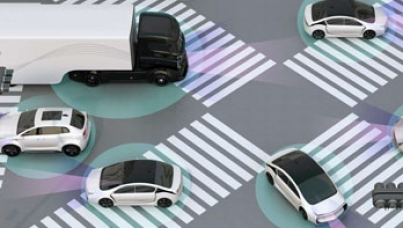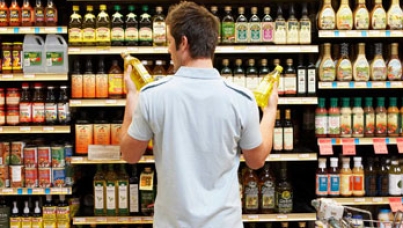Insight Hub
All content
-
Our Newsletters
Ipsos India AutoScoops is a great compilation curated by our team of automotive experts. This comprehensive Newsletter provides valuable insights and perspectives from Ipsos India. It serves as a source of inspiration and a platform for disseminating our unique points of view.ELEVATE is Ipsos India's monthly newsletter designed for Indian Clients showcasing a curated collection of the latest thinking and insights from the Ipsos India think tank. Delivered every month, it offers a fresh perspective on the people, market and society in India.
Subscribe
859 - 869 of 947 items












